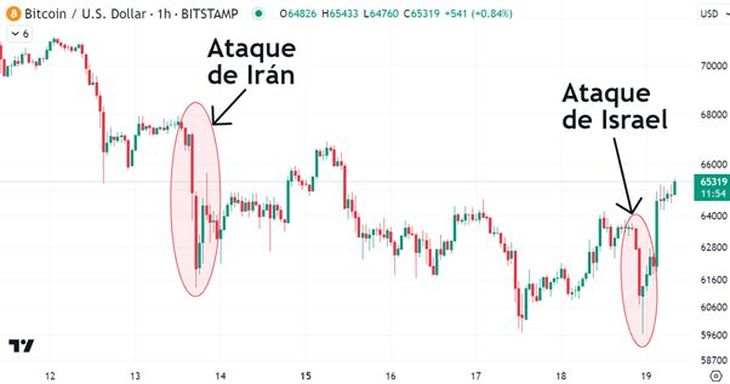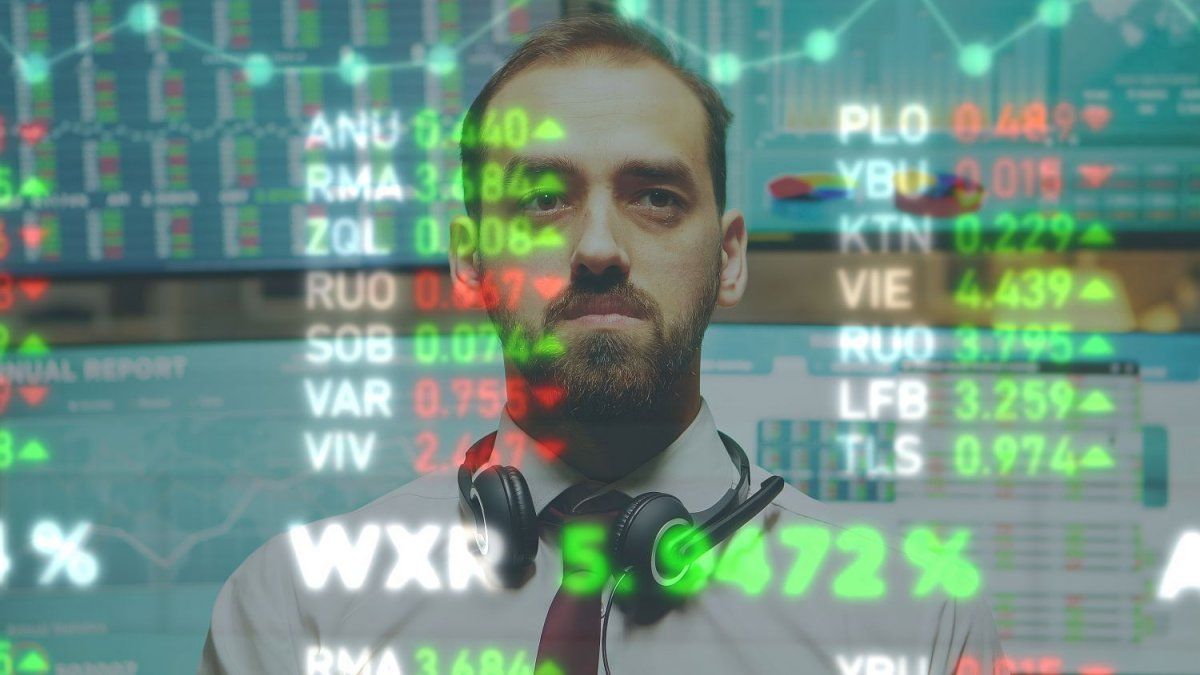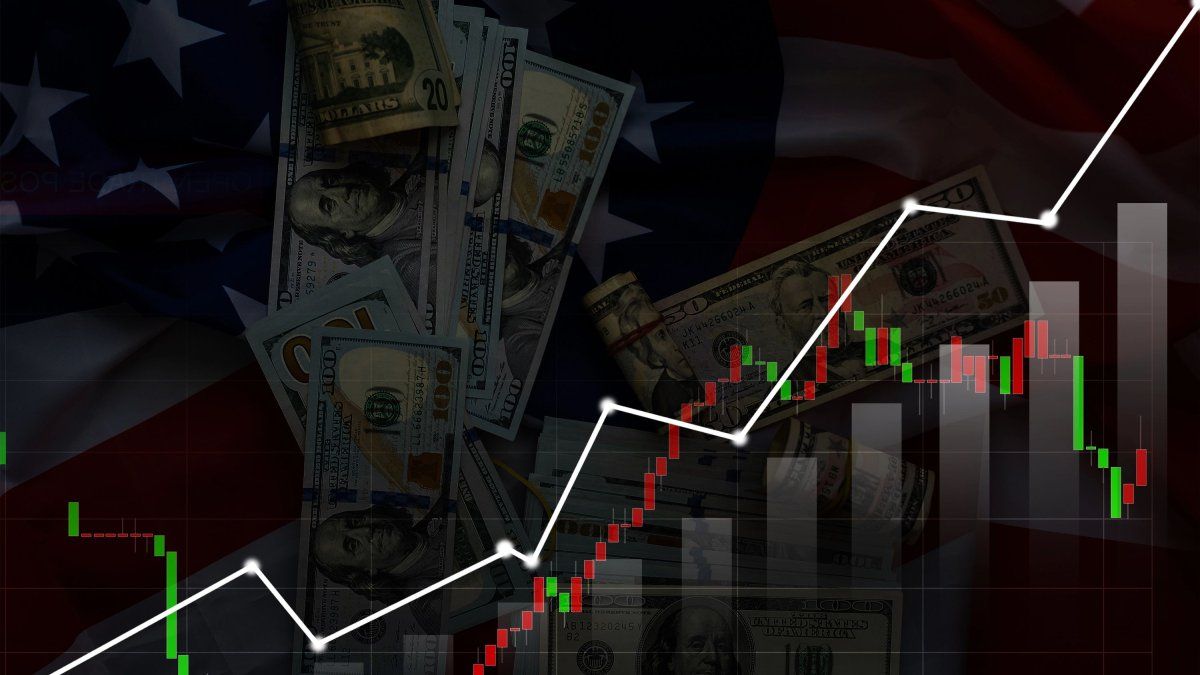There is a risk of seeing a new World War. Israel’s attack on Iran this Friday set off all the alarms (once again). As investors, the worst thing we can do is remain paralyzed. Therefore, in this note, I am going to tell you how to protect our investments in this delicate moment.
In the face of a global war escalation, there are many assets that will collapse. Therefore, the first thing I would do to minimize the impact is to lower the volatility of my portfolio. What does this mean? Basically lower the exposure of risk assets such as stocks or cryptocurrencies.
And how we do it? Increasing the relative weight of other assets that function as a counterweight.
For example, today it makes a lot of sense to have a part of your portfolio in gold. This metal has been one of the preferred value havens for investors throughout history. But, in addition, the price of gold is in an upward trend and there are other reasons that also make it an excellent asset to have today.
Let’s look at the daily gold price chart:
Clipboard01.jpg
That is to say, there are reasons to be buying gold beyond doing so as a hedge against a war conflict.
Another part of the portfolio can be invested in US Treasury bonds. But be careful, I think that in this context it only makes sense to position yourself in short bonds, with a maturity of less than 2 years, to hold until maturity and take advantage of the rate.
While longer maturity bonds (10 years) have historically been a natural haven, inflation in the United States and the government debt crisis create a lot of uncertainty about these assets, so it seems best to avoid them. They are not even giving good price signals and for now they are not functioning as a refuge of value.
Regarding bitcoin, prices show that it does not behave as a haven of value, at least in the short term. In general, when faced with negative news, the price falls in a similar way to that of a share of a technology company.
This is what happened, for example, over the weekend with Iran’s attack on Israel, when the price fell from 67 to 61 thousand dollars as soon as the news became known. And again with Israel’s retaliation the price fell.
Here we can see the bitcoin on a one-hour chart:
Clipboard02.jpg

And in actions, what should be done?
It can make a lot of sense to have a part of the portfolio in companies linked to commodities, especially energy and food. The war, without a doubt, will be inflationary in the medium term, which is why we must look at companies linked to commodities.
Also some sectors such as defense and cybersecurity can be attractive, since they can be positively affected with greater demand for services.
Finally, I leave what for me is the best, although it is a less known asset and for more sophisticated investors: Managed Futures. These are strategies based on mathematical rules that have their best returns in periods of high volatility.
A war, worldwide, would trigger volatility and would be an ideal scenario for this type of strategies which, for example, in 2022 had returns of over 40%.
Finally, there are ways to protect capital with options. But for me these types of strategies make sense in very specific moments and in the face of certain events. Buying options every week as protection ends up being a very expensive strategy. Much more so in contexts of high volatility, where the price of these instruments rises.
So, in conclusion, to protect our investments from the geopolitical risk that exists today, I think it makes sense to become more conservative, and include assets such as gold, short-maturity US bonds, stocks linked to the sectors mentioned, and Managed Futures, for more sophisticated investors.
If you want to learn more about investments, I invite you to our website: www.clubdeinversores.com
Note: The material contained in this note should NOT be interpreted under any circumstances as investment advice or a recommendation to buy or sell a particular asset. This content is for educational purposes only and represents the opinion of the author only. In all cases it is advisable to seek advice from a professional before investing.
Source: Ambito
David William is a talented author who has made a name for himself in the world of writing. He is a professional author who writes on a wide range of topics, from general interest to opinion news. David is currently working as a writer at 24 hours worlds where he brings his unique perspective and in-depth research to his articles, making them both informative and engaging.




